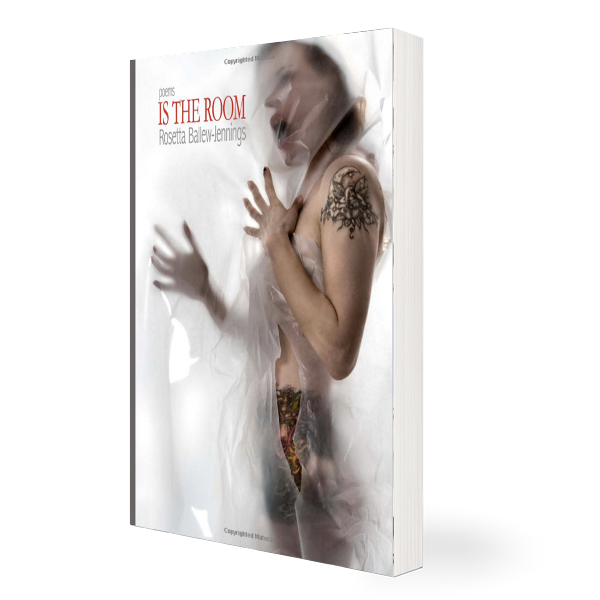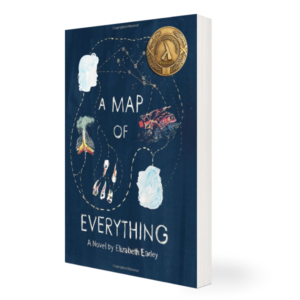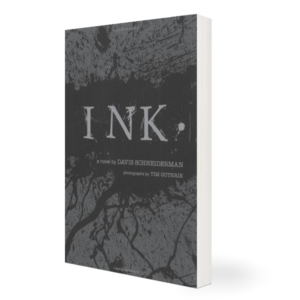“In this debut collection Rosetta Bellew-Jennings brings an unflinching attention and a strong voice to the conversation. The site of crisis is interior — both inside the house and the that which we must go through alone. In many ways readers are housebound voyeurs, but in the end it’s really us we’re watching in these mirrored walls. Built on fragments that are both elegant and focused, Is The Room draws our attention to the isolation of looking, and the clarity of ‘[s]omething I cannot find.’”
—John Gallaher, poet, Your Father on the Train of Ghosts and Map of the Folded World
“Ballew-Jennings’ poems have us question the nature of relationship and life as people move in and out of our lives, and us across time. If the origin of the word haunt is to pull, claim, to lead home, then Is the Room is a collection of poems that both haunts the reader and feels haunted itself. Through her mysterious and lovely collection, the poet reveals the boundaries between what/who we know and what/who we think we know, and the variety of separations, however arbitrary, that exist between them/us. Ballew-Jennings leads us, pulls us toward a home that dwells in our collective memories.
—Stacy Christie, writer; editor at Hothouse
“Rosetta Ballew-Jennings’s poems are alive and intelligent. Their deliberate, sometimes disorienting syntax takes us on a multilayered journey through rooms, doors, hallways and windows. The physical as well as the emotional space within the poems is haunted, and everywhere we question what we see, for we witness people and colors ‘change back and forth’ and ‘you may not be/ the you of here.’ Ultimately, this book is about love, a story ‘about something/ you would underline twice.’”
—Katerina Stoykova-Klemer, Senior Editor, Accents Publishing
“Is the room makes poetry out of dream logic and uncertainty, whether it’s a location only specified as ‘left of where you are’ or a phone message from a woman who can’t say why she’s calling. Rosetta Ballew-Jennings’ writing explores stark and disconcerting fragments of a domestic life where even household doors and halls don’t fit together quite right, and where a conversation about cereal and milk shifts abruptly to “I don’t love you, / or something like that.” With mysterious lyricism and echoes of Jean Valentine, this book heeds the author’s plea and applies it to the reader: ‘Please do not forget / what I am afraid of.’”
— Steven D. Schroeder, author of The Royal Nonesuch; and editor of Anti-







